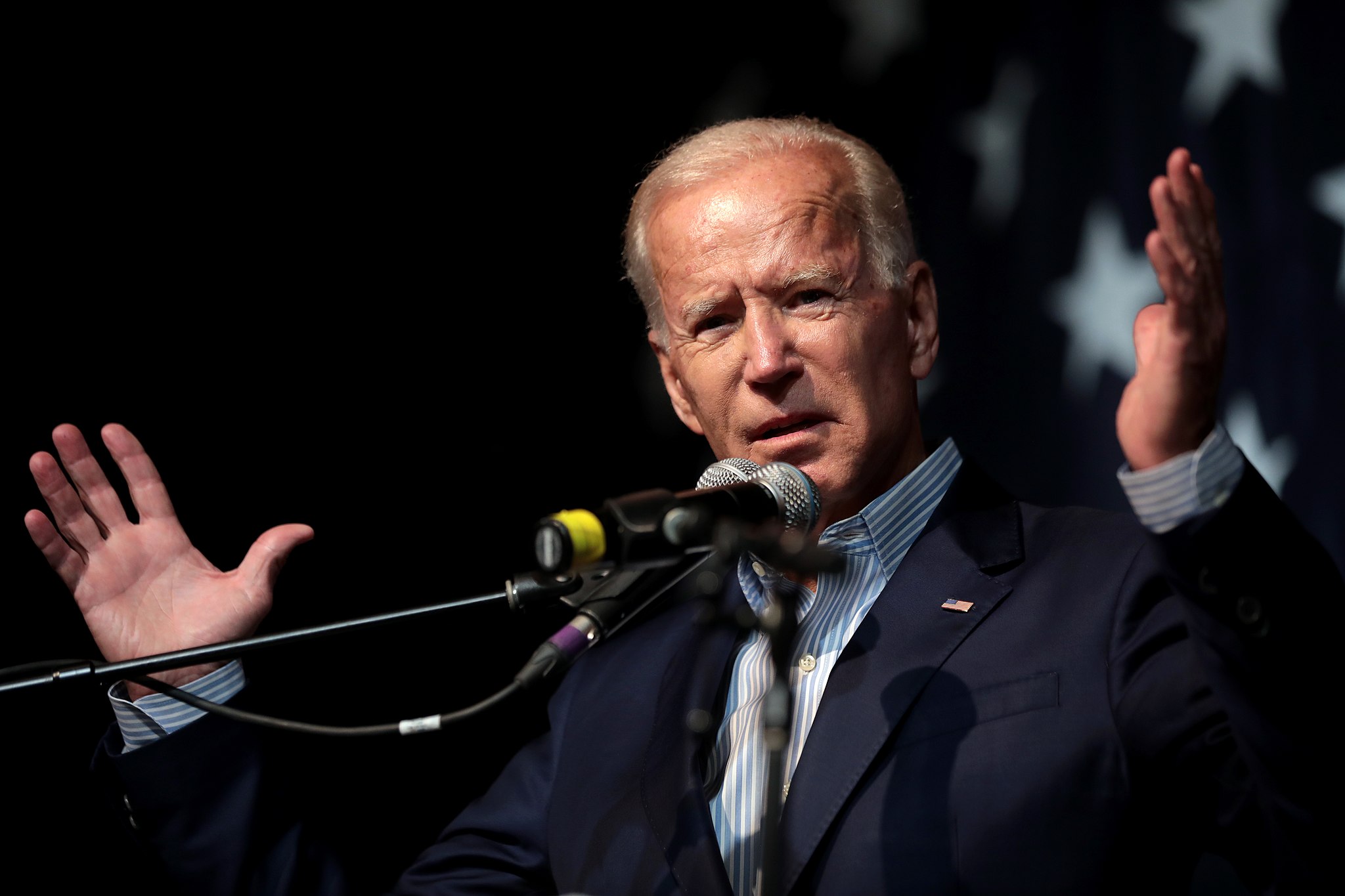Biden Begs Judge For Help After Jaw-Dropping Ruling
Biden and the Democrats have no idea how to deal with this.
The recent decision by a federal judge permitting an undocumented migrant to legally possess firearms has sparked a contentious appeal from the U.S. government. Acting U.S. Attorney Morris Pasqual initiated the appeal against Judge Sharon Coleman’s ruling, which allowed an illegal migrant in Illinois to possess guns. Filed with the U.S. Court of Appeals for the 7th District, the appeal, lodged within the 30-day window following Coleman’s decision, provides no additional insights or justifications.
In her March 8 ruling, Coleman dismissed charges against Heriberto Carbajal-Flores, who was found possessing a handgun in Chicago’s Little Village neighborhood while being illegally in the United States. Coleman’s decision emphasized Carbajal-Flores’ clean criminal record, devoid of weapon-related offenses, and the non-violent nature of his arrest as factors mitigating against a perceived risk to public safety. She reasoned that these elements did not warrant depriving him of his Second Amendment rights, particularly considering his employment and compliance with release conditions.
The move to appeal Coleman’s ruling has raised questions, with legal experts like Nicole Brenecki suggesting that it may reflect political optics amid heightened immigration concerns in the lead-up to the 2024 elections. Brenecki highlights the potential burden on courts if such fact-specific determinations become commonplace and notes the strategic significance of the appeal.
Carbajal-Flores had argued that he possessed the firearm for self-defense and protection of property during the civil unrest following the police killing of George Floyd in 2020. Despite prior failed attempts to dismiss the charges, Coleman’s ruling marked a significant departure, invoking considerations of Second Amendment rights amidst evolving legal landscapes, including recent Supreme Court decisions.
In the aftermath of the landmark ruling in New York State Rifle & Pistol Association, Inc. et al v. Bruen, Superintendent of New York State Police, et al, which affirmed individual gun rights, the legal terrain concerning firearms has seen notable shifts. Subsequent rulings, such as the denial of an emergency injunction against Illinois’ ban on certain firearms, further underscore the evolving nature of gun control laws and their judicial interpretations.
The appeal against Coleman’s decision thus emerges within a complex legal and political context, reflecting ongoing debates over immigration, gun rights, and the broader socio-legal landscape in the United States.





